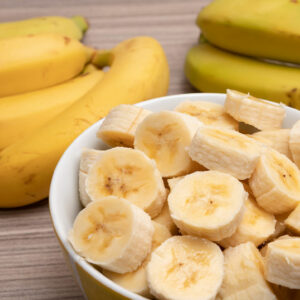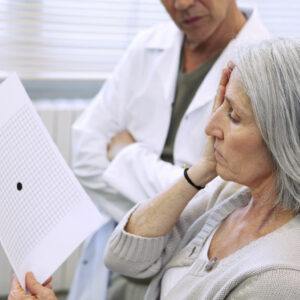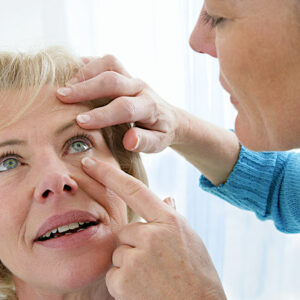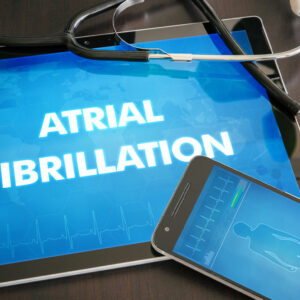Foods that may trigger epilepsy
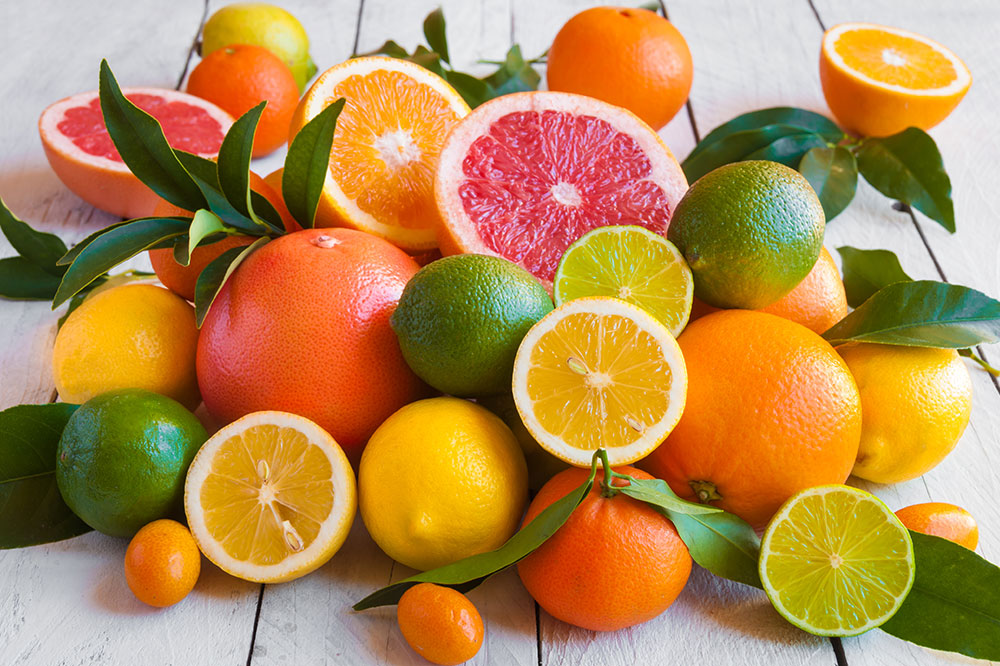
Epilepsy is a kind of brain disorder or illness in which the body experiences unprovoked and recurring seizures. This can be a result of a brain injury, genetic disease, trauma, or even stroke. The doctor can diagnose the seizure as epilepsy if it happens two times unprovoked and also in a short duration of time. Here are some foods and drinks that may trigger or worsen epilepsy and should be avoided for managing the condition.
Citrus fruits
There is no conclusive study to suggest that there are any specific fruits and vegetables which can trigger epilepsy seizures; however, certain studies are conducted to understand how some foods react with any particular anti-epilepsy treatment methods. This includes citrus fruits like grapefruits and oranges that do not go well together with anti-epilepsy treatments and can trigger seizures. It is studied that these citrus fruits metabolize or help break down the epilepsy treatment products in a way that makes them less effective for the body. When this happens, the body is automatically more susceptible to frequent epilepsy attacks. One must speak to a doctor to understand if there are any specific food groups that they should avoid when undergoing epilepsy treatment.
Food additives
There are some preservatives and food colorings that may trigger seizures in some people; however, the evidence remains inconclusive and needs more in-depth study. Monosodium glutamate, also known as MSG, is infamous in the food industry and it may also trigger seizures in some individuals. Moreover, there are some artificial sweeteners that should not be added to food to prevent any epilepsy symptoms from onsetting. It is always best to keep one’s food choices clean to avoid any health complications. Speaking to a doctor and a nutritionist can help understand how to make meal plans.
Gluten
Too much gluten may contribute to the risk of developing illnesses like seizures in some people. In fact, studies suggest that a gluten-free meal plan can help manage this disease by reducing the frequency of the seizures among patients. Moreover, it is observed that patients with celiac disease (a chronic autoimmune disease that is triggered by gluten) may also develop epilepsy, so there seems to be an important link between the two conditions. There is still no conclusive evidence to understand how the two are linked but it is also understood that while celiac disease is an auto-immune disorder, epilepsy is thought to develop due to the immune-induced cortical damage and vitamin deficiency caused by celiac disease.
Bananas
These fruits are especially high in potassium minerals and are generally considered a nutritious food to add to meals. This potassium is important in keeping the sodium and potassium equilibrium in the body and the mineral also helps in sending electrical signals to the brain. However, research suggests that when these potassium levels in the brain are too high, it could potentially risk a seizure in some, especially those who are already at high risk of getting them; like epileptic patients. But eating one banana a day should not be a problem, so one must always limit their banana intake throughout the day. One must also speak to a nutritionist to understand the right quantity of bananas to be consumed in a day.
Baked products
Cakes, muffins, bread, pastries, and other baked products are made from refined flour. These items are all high in trans fats, which bring their own set of health complications to the body. These trans fats are also responsible for increasing the cholesterol levels in the body, which can cause heart diseases like cardiac arrhythmia. This illness can lead to symptoms like convulsive syncope, which is similar to a seizure. So, it is important to limit the intake of these products, and whenever possible, always find healthier alternatives. One may even consider baking these goods at home as it gives the freedom to change the recipe to something slightly healthier.
Caffeine
Even though the studies are not substantive, there is evidence to suggest that the intake of caffeine can be linked with an increased risk of susceptibility to seizures. Caffeine can be found in many fizzy drinks and especially in coffee and tea, which are among the first drinks many people need early in the morning. Since this caffeine is a stimulant, it is linked with the risk of triggering seizures in some individuals. So, it is always important to limit the caffeine intake, and if one is already at risk of epilepsy, it is advised to speak to a doctor about daily recommended quantities.
High-sugar drinks
Sugar is another stimulant that is recommended to be avoided. There is enough evidence in science journals to suggest that drinking too much of sugary drinks may potentially trigger seizures in some people, especially those who are already susceptible to it. Also, it is observed that in some of the studies, there have been participants who experienced seizures because of sugary drinks even with no history of epilepsy. These tested sugary drinks are energy drinks that are a popular product in the market. In fact, it is also falsely advertised to be healthy for people when it mostly contains caffeine and is responsible for a glucose spike in the body. It is usually advised that people with epilepsy must avoid or limit their intake of energy drinks.
Apart from avoiding foods that may trigger or worsen epilepsy, one must have a detailed conversation with their doctor to understand the best ways to manage seizures. Also, it is important to make an emergency file with all the necessary information about seizures, any immediate treatment needed, contact details of the doctor, and how to get in touch with them in case of an emergency.
